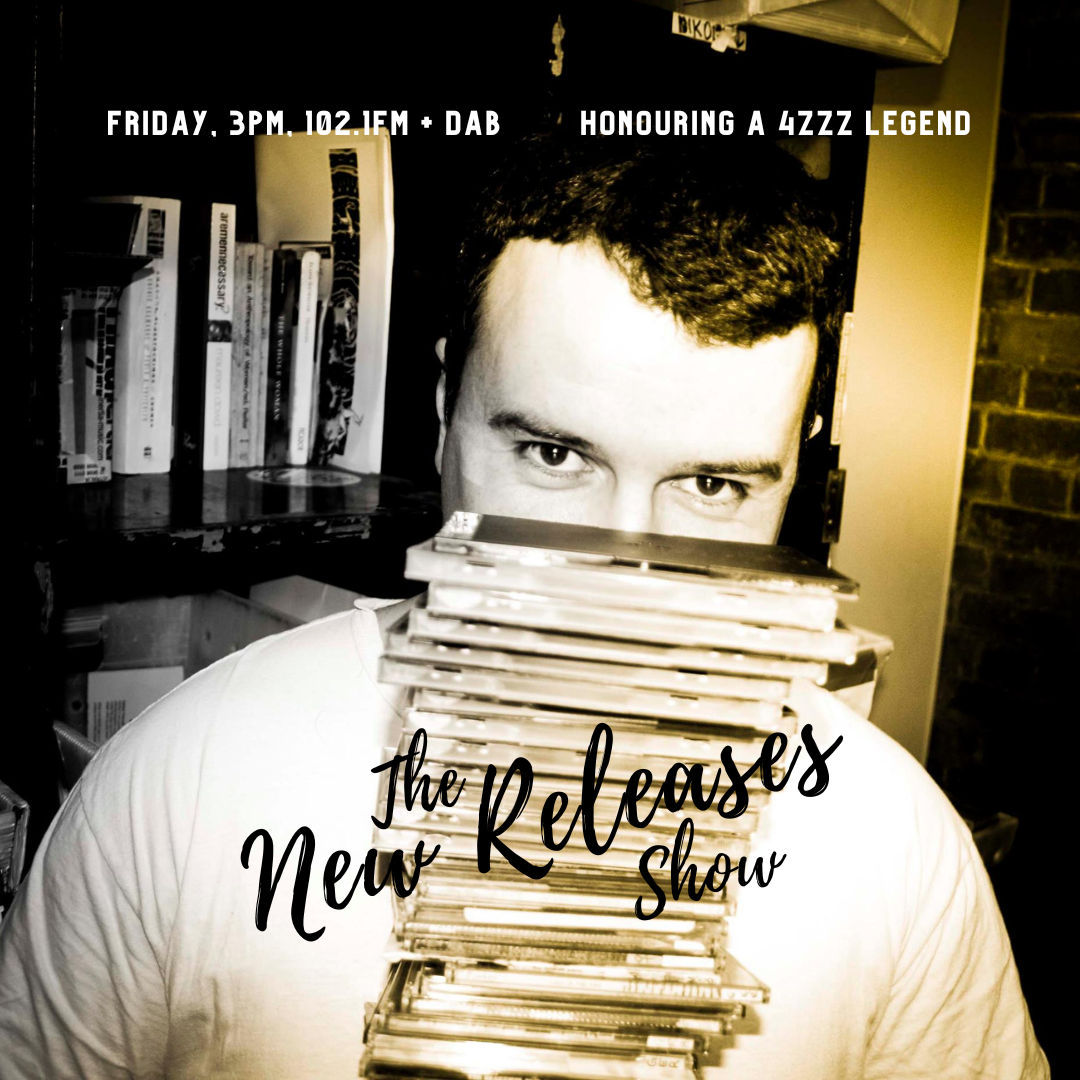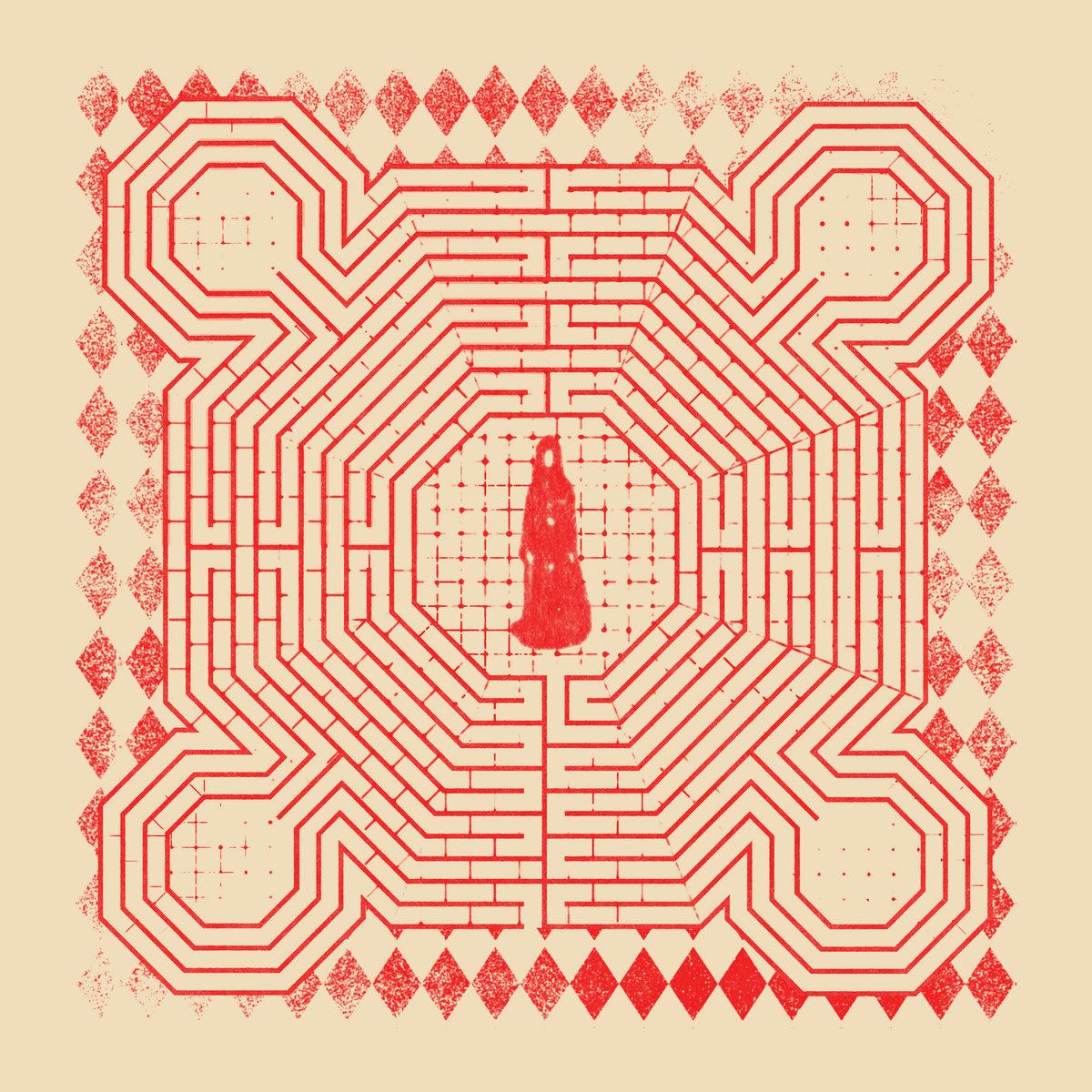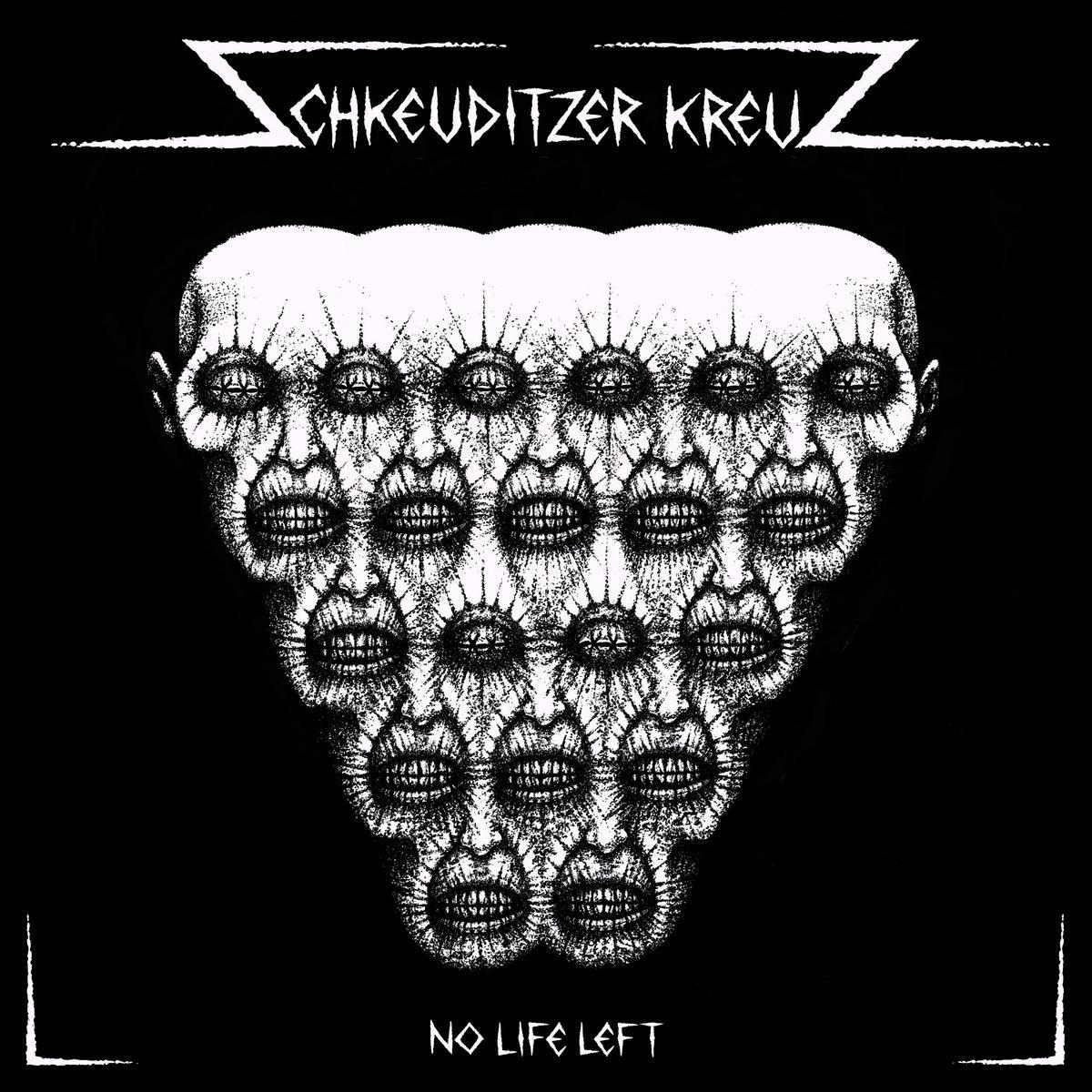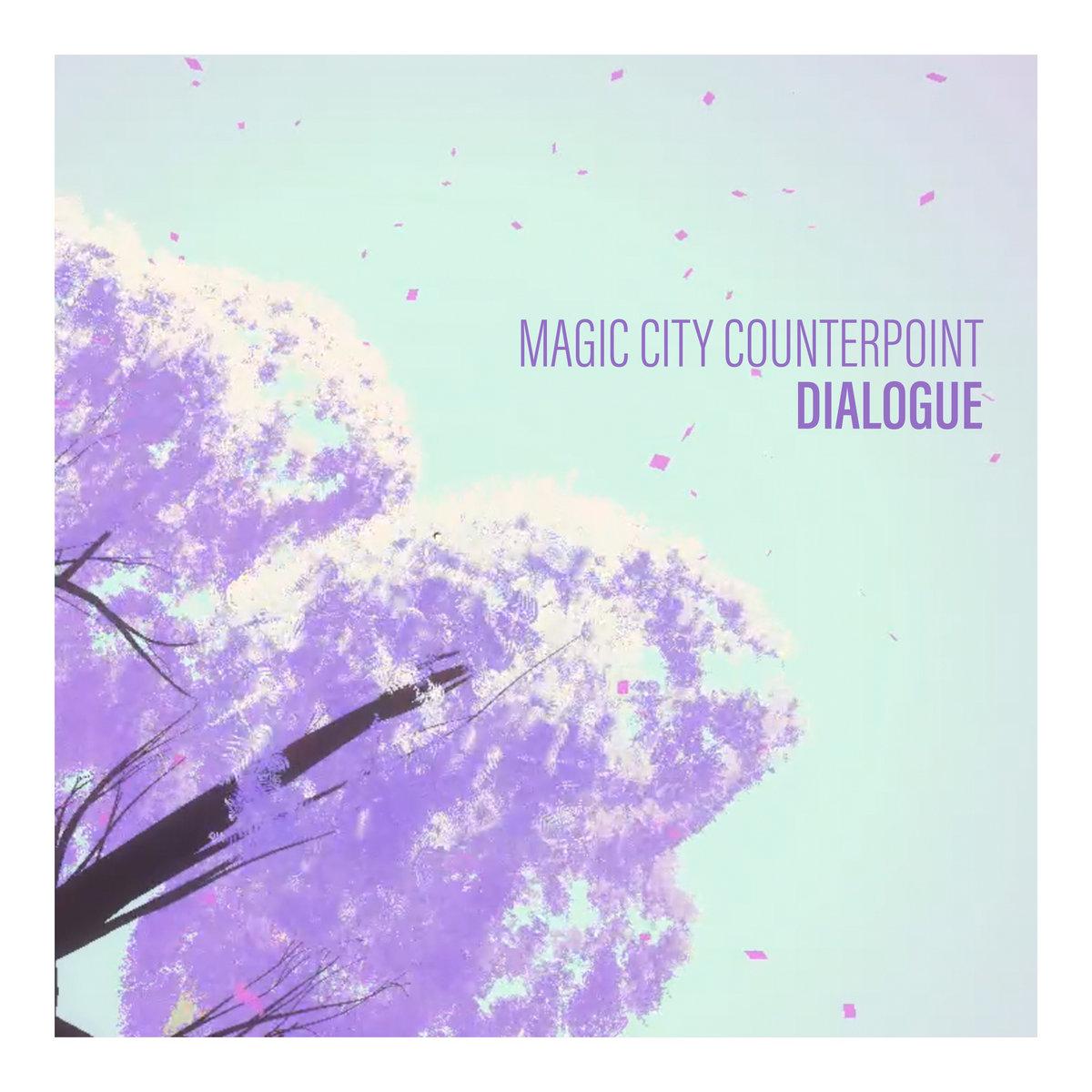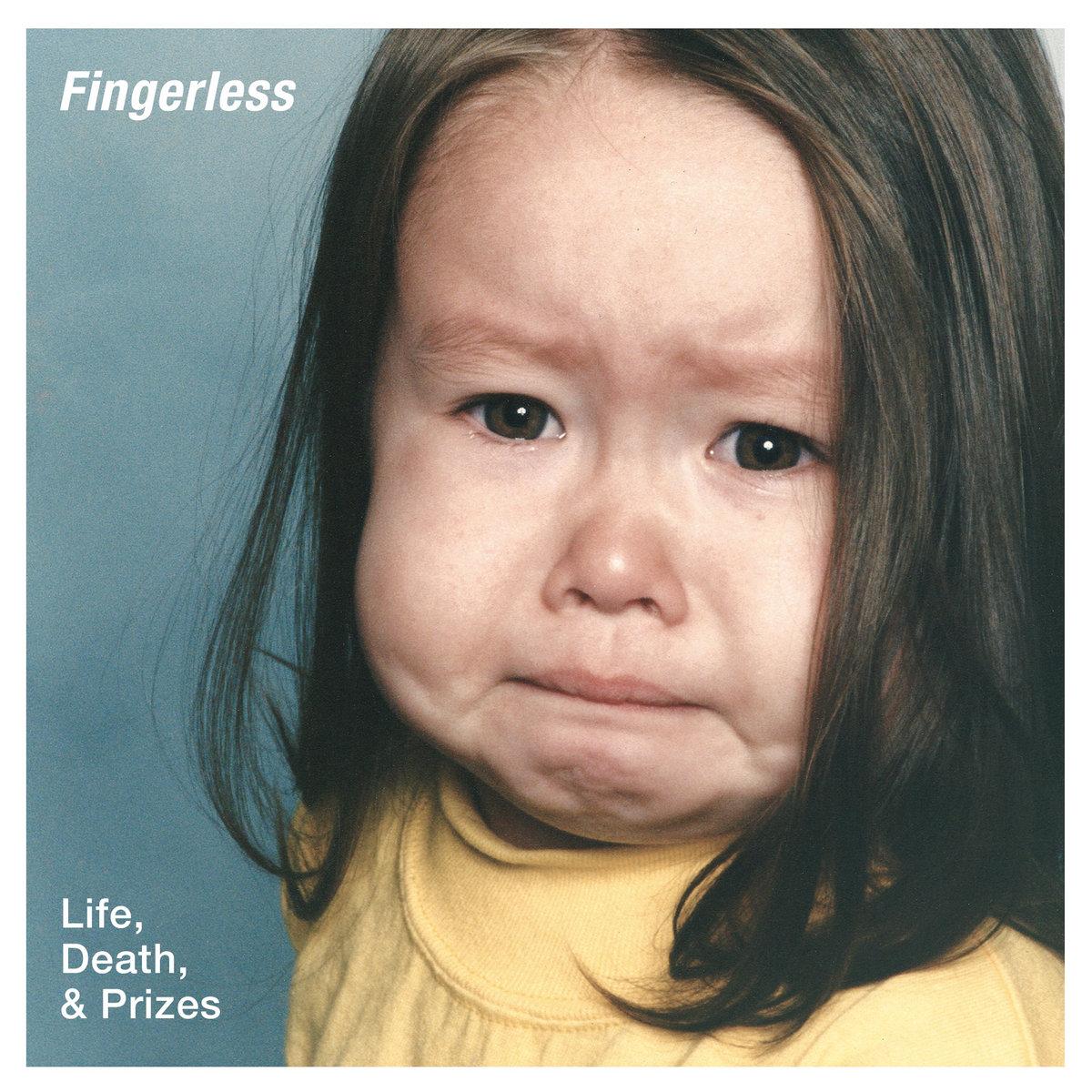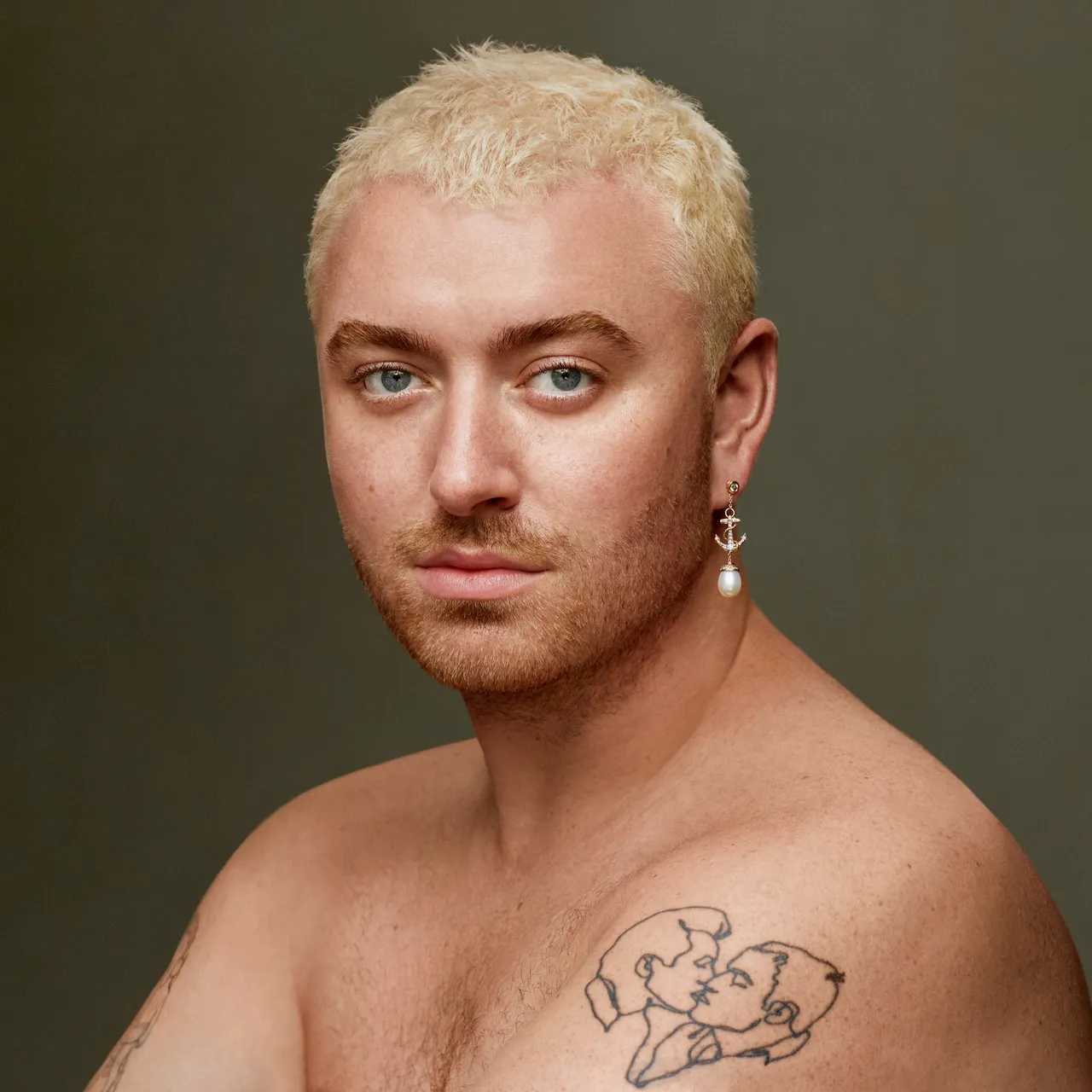
- Sam Smith is once again promising a “reinvention” of themselves with their fourth album Gloria, this time Smith promises to be freer from the constraints that have held them back on previous releases and to explore differing styles and genres while unburdening themselves of the angst and pain which life, society and the music industry have saddled them from an early age.
This form of “music therapy” from a prominent member of the diverse in gender and sexuality community has been proven successful for Darren Hayes’ 2022 album Homosexual and given what is already known from the couple of singles released from Cub Sport’s upcoming (and somewhat notorious) fifth album Jesus at the Gay Bar a similar catharsis and celebration of queer love, pride and awareness awaits. Though each of these artists come from different directions to achieve a result and perhaps Smith has the biggest leap to make to explore a different sonic landscape.
Starting off Love Me More there’s not much experimentation in evidence, it’s the familiar soul/R&B style that Smith is well known for and delivered quite serviceably too. No God follows – and – still no real change of pace or style, just a slow, crooning ballad with Smith sounding as if they are right up on the mic, which doesn’t always do their truly marvelous instrument justice. Things do start to change with Lose You with a dancefloor beat evident from the get-go and nicely builds to a strong chorus which does make use of Smith’s vocal talents well. The Ibiza-like disco sway is a little bit infectious and could easily have been done by a similar talented queer vocalist in Conchita Wurst.
Smith has a few collaborations on this album, two tracks feature Canadian singer/songwriter Jessi Reyez the more straightforward simmering self-belief anthem Perfect (which is something Australia’s most recent Eurovision Song Contest entrant Sheldon Riley could smash for six if he was given a chance). The other Reyez collab also features Jamaican reggae singer/songwriter/rapper Koffee on Gimme which promises some variation and then unfolds to something middlingly inoffensive not unlike the beat of Lose You.
The real “reinvention” and “experimentation” literally explodes in the middle of the album, the international smash (as music journos and DJs are wont to say) of Unholy. Featuring Kim Petras this really does what Smith has been promising. It’s so different to much of their previous work (and what else is on this album). It’s “dirty”, “sleazy” and it’s FUN! (How on earth they all got away with name-checking an international cosmetics behemoth which titles the “unholy” club… though, they are on safe ground. The Body Shop references the first all-nude strip club on L.A’s Sunset Strip, though the video that accompanies Unholy suggest way much more goes on behind those closed doors.) It’s worth noting this was the first song to reach number 1 on the Billboard Hot 100 in the USA featuring a trans performer (in Kim Petras) and adding Smith who identifies as non-binary just ratchets up the diverse communities’ power ranking.
After that shot of adrenalin, things are back to Smith crooning up close and personal into the mic on How To Cry, again something they know how to do so very well without extending the genre much, then Six Shots gives a glimpse into another deep, smoky R&B groove which Smith handles and again briefly opens the door, just a crack, on that “experimental” style they were aiming for. Almost right at the end is another stand-out track I’m Not Here To Make Friends which starts with a RuPaul spoken word testimony to the power of loving oneself and then Smith unleashes a gold class piece of disco and lyrics that finally show how much Smith has accepted who they are and how they appear to the world – the video that accompanies this song is just lavish with costumes inspired by a cross between Elton John and Cher's wardrobes from the height of Studio 54’s glory days.
The title track is a total outlier – and it is perhaps the third or fourth track that delivers the promise of “reinvention/experimentation”. Completely acapella, starts out as a classic piece of Anglican choral music from the likes of Stephen Cleobury and with Smith then chiming in soars into an almost American Gospel choir. It’s truly an odd inclusion to this album but it’s definitely worthy of a place – which is more than can be said for the last track Who We Love featuring the final collaborator Ed Sheeran. Hells bells, it’s everything that’s wrong with that style of “queer” anthem - lyrics that passionately declare the “love is love” and adding a “straight ally”. Sheeran’s twee vocals just sound daft alongside Smith’s much more powerful tone. It’s woeful and the only reason it’s here is probably because of the intersection of producers and other hangers on between the two performers and the gleam in the record company’s eye at the potential for “mega streams” – or whatever…
On balance, Gloria is the proverbial curate’s egg. Where Smith and his gaggle of producers and co-writers (seriously, do songs NEED up to seven different people involved to produce one recording?) have been brave enough to step outside of Smith’s usual space it’s a stunning success. Where they play safe it’s a middle of the road, light music radio programming crowd pleaser.
- Blair Martin.


